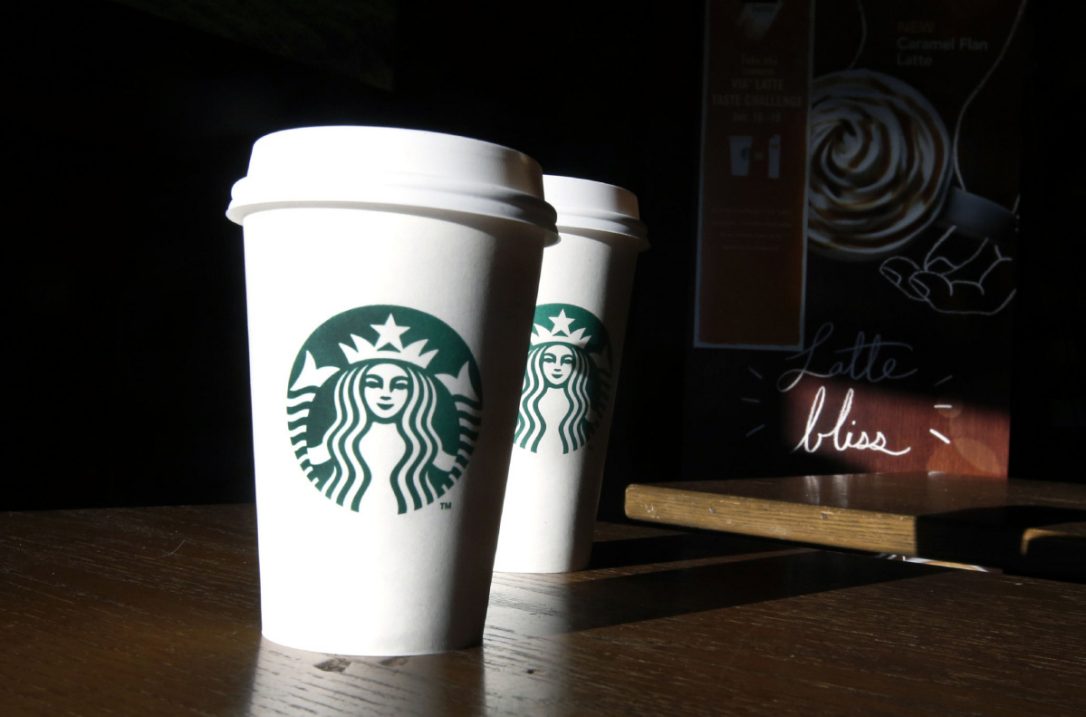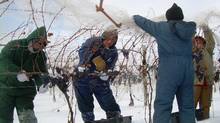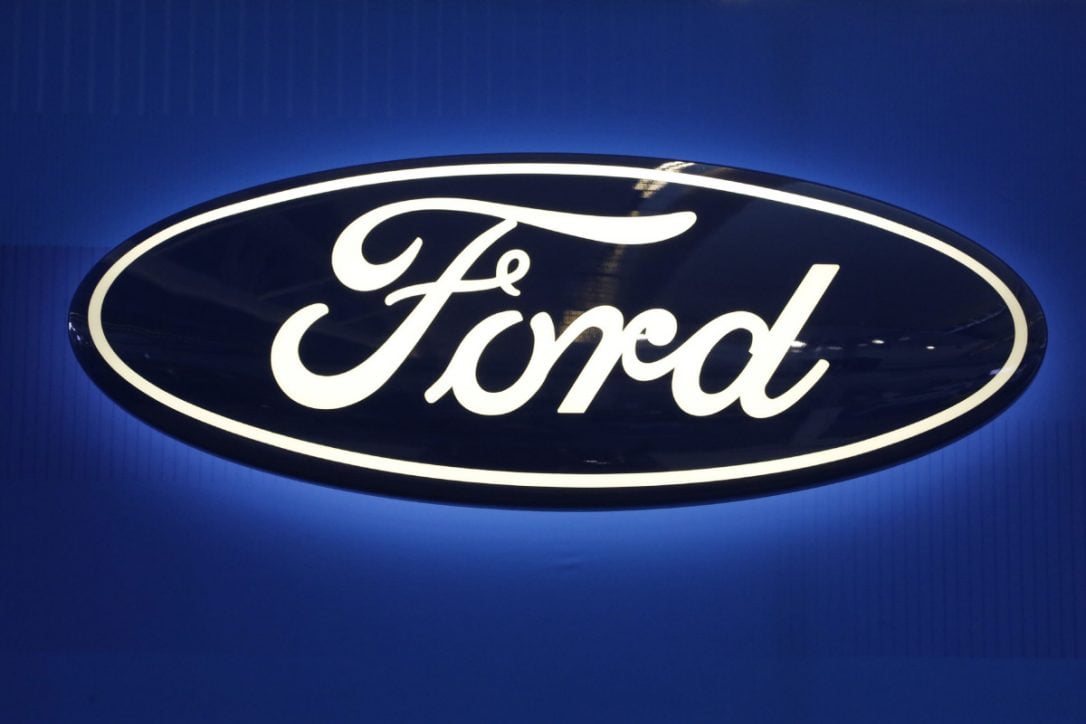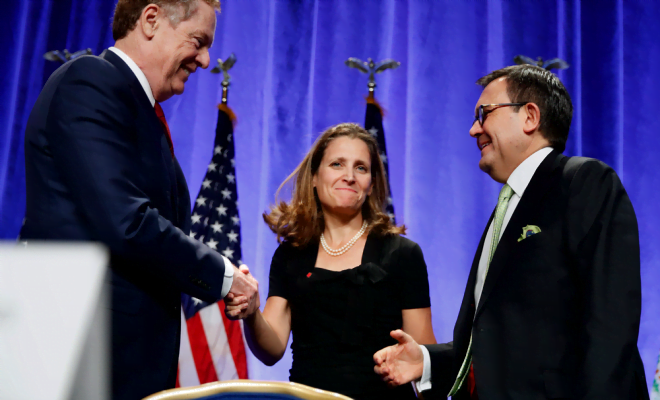Starbucks Switches up the Sweetener

Starbucks Corp., the world’s largest coffee-shop chain, will start serving a calorie-free stevia sweetener in the U.S. and Canada, embracing a plant-based alternative to sugar that has befuddled beverage makers because of its aftertaste.
Merisant Co., the Chicago-based maker of Equal, reached a deal with Starbucks to put its Nature Sweet packets in almost 9,000 cafes—the first time that the coffee chain will serve a stevia-based sweetener. The Nature Sweet formula is a mixture of plant-based stevia and monk fruit.
Starbucks’ move is part of a push by the beverage industry to embrace alternatives to low-calorie sweeteners such as Splenda and Equal, which some consumers view as overly processed and artificial. Stevia is made from plants, giving it a potential marketing edge. But the sweetener has been difficult for soda makers to use in its pure form because of reactions to its aftertaste.
Merisant believes its formula—with help from the monk fruit—can help turn stevia into a mainstream sweetener. Starbucks, with its thousands of locations, will serve as a key test.
“Consumers are seeking new options to reduce their sugar intake, but are reluctant to sacrifice taste or switch to artificial sweeteners,” Giuseppe D’Alessandro, chief marketing officer of Merisant’s Whole Earth Sweetener subsidiary, said in a statement.
Beverage companies are facing a dilemma: Sugary drinks are blamed for high obesity rates in the U.S., but consumers are also turning away from low-calorie sweeteners. That’s left companies such as Coca-Cola Co. and PepsiCo Inc. scrambling for more palatable alternatives. And customers haven’t always given clear signals. PepsiCo dropped the artificial sweetener aspartame from Diet Pepsi last year, only to bring it back after sales declined.
In recent months, Starbucks conducted a taste test with a variety of companies as it sought a new sugar alternative. It settled on Nature Sweet. Merisant’s Whole Earth Sweetener business also is pushing to sell the product in other chains. Nature Sweet is currently available at 11,000 grocery locations, as well as Amazon.com.
Stevia is derived from a plant grown mostly in China and South America. Coca-Cola uses a stevia-sugar mix in Coca-Cola Life, which was brought to the U.S. in 2014. PepsiCo, meanwhile, sells Pepsi True, with a similar approach, in a few U.S. cities and on Amazon.
Cargill Inc., the food and agriculture giant, has developed a method of using fermentation to produce certain molecules found in stevia. The product could potentially solve some of the obstacles preventing wider adoption of the plant-based sweetener. It also could make the sweetener more economical by avoiding the hassle of growing stevia plants and extracting the minuscule amount of useful chemicals contained in each leaf.
Stevia also could get a boost from the Food and Drug Administration, which is preparing to require food companies to list added sugar on their product labels. That may spur consumers to seek out more low-calorie sweeteners.
“The new FDA labeling guidelines will make it very clear to Americans just how much added sugars there actually are in the food and drinks they enjoy each and every day,” said Russ Moroz, head of research and development at Whole Earth.








